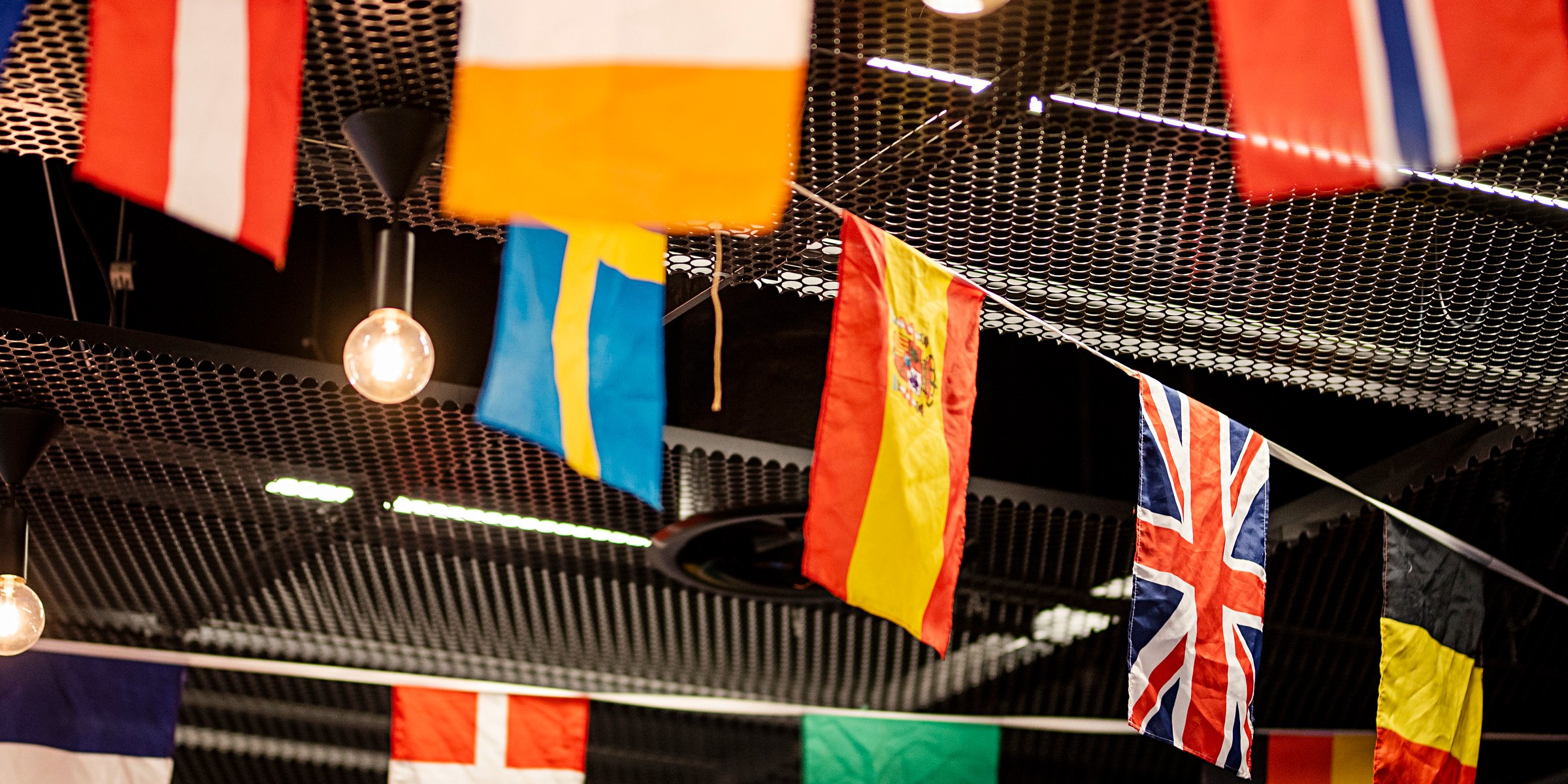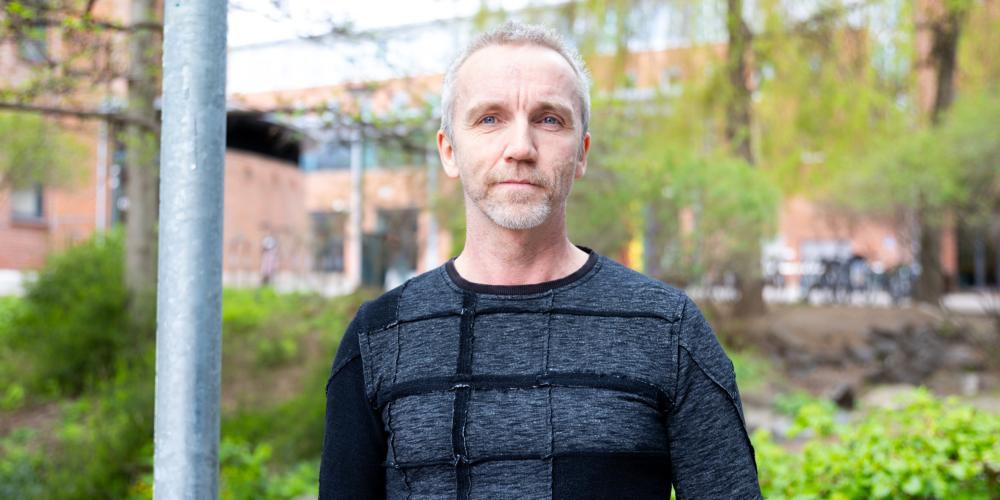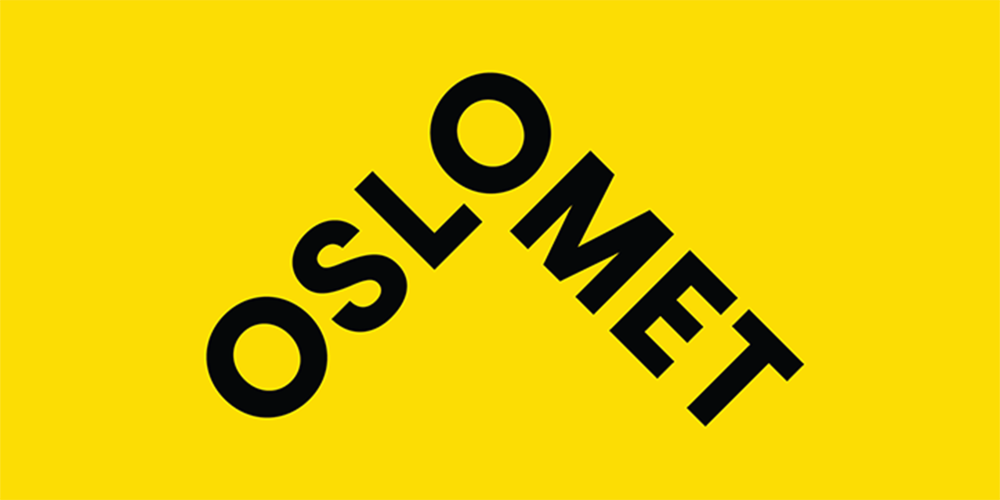
International cooperation is important
- An uncertain world emphasizes the importance of developing knowledge across national borders, says pro-rector for research and development, Tanja Storsul. OsloMet has support functions to secure international cooperation.
In a world characterized by conflict, challenges to democracy, climate crisis and economic downturns, one can experience that international cooperation is increasingly about precautions, limitations and control, rather than professional community, reciprocity and trust. This can lead to professionals being reluctant to enter into collaborations in other countries.
"Safety and responsibility must be taken care of, but it is important that we do not scale back global cooperation" says Tanja Storsul, pro-rector for research and development at OsloMet.
"Collaborating internationally, including with countries that are distant from Norway both geographically and culturally, is becoming increasingly important, considering the challenges we see in the world today" she says.
"Our professional communities need to brush up on new ideas and perspectives from countries and cultures outside our own continent. Through relationships across cultures, regardless of political differences, we also have a unique opportunity to promote and protect principles such as democracy, academic freedom and human rights" says Storsul.
Among Norway's priority cooperation countries outside the EU, the so-called Panorama countries, there are large knowledge nations with world-class professional environments when it comes to technology, climate and environment. Through cooperation with these countries, OsloMet's solid professional environments within, for example, health, technology and welfare research can contribute to meeting global challenges.
Safe and responsible collaboration
"At the same time, we cannot close our eyes to the fact that international cooperation can present challenges related to safeguarding security and fundamental values" emphasizes Storsul.
The authorities' regulations on export control also cover knowledge transfer. There is increasing attention that the HE sector must exercise caution in international cooperation in some contexts.
The Norwegian authorities pay special attention to countries with which Norway does not have security cooperation and which differ significantly from Norway in terms of governance, culture, higher education and research systems (pst.no).
Examples of possible risks include attempts at political influence and restrictions on academic freedom, illegal acquisition of sensitive or strategically important knowledge, and violations of established ethical principles in education and research.
"OsloMet works systematically with good risk assessments that contribute to safe cooperation, including through the resource network for responsible internationalisation" says the pro-rector.
"It is important that our employees get the support they need when starting new international cooperation" says Tanja Storsul.
The responsibility for assessing and managing risk in international cooperation follows ordinary lines of responsibility and decision-making in the organisation. Decisions about international cooperation are usually made by department heads. As a support for this, OsloMet has established a network for responsible internationalization. They can help the departments to assess risk and safeguard basic values and safety considerations in the internationalization work at OsloMet.
The network gathers resources from the entire administration, and assists with advice and guidance in individual cases, and the faculties may also raise the cases to the rectorate if necessary. It is the rector who is responsible for making any principled decisions about how OsloMet should relate to international cooperation, which is particularly challenging and controversial.
New announcement in the EXPLORATION programme
The Norwegian authorities also emphasize the importance of international cooperation, both inside and outside the EU.
April 15 is the application deadline for the UTFORSK program (hkdir.no, in Norwegian), which is a central instrument in the government's Panorama strategy (2021-2027) for higher education and research cooperation with Brazil, Canada, India, Japan, China, Russia, South Africa, South Korea and the USA.
Good interaction between education, research and innovation collaboration is emphasized. And in line with the Panorama Strategy, basic academic values and national interests, including security interests, must be taken into account in new collaborations.
"We encourage relevant professional communities to make use of the UTFORSK programme, and to use the resources at OsloMet which can help with the necessary assessments when planning cooperation with, for example, the Panorama countries" says Tanja Storsul.
During the spring semester 2024, there will also be a new announcement in the INTPART program (hkdir.no, in Norwegian)
(This article is translated using Google Translate)










